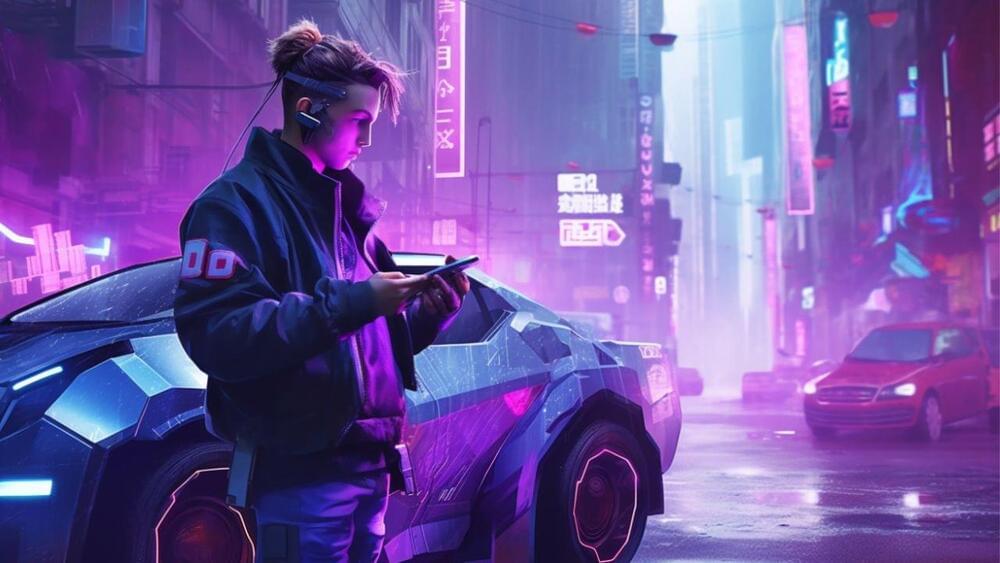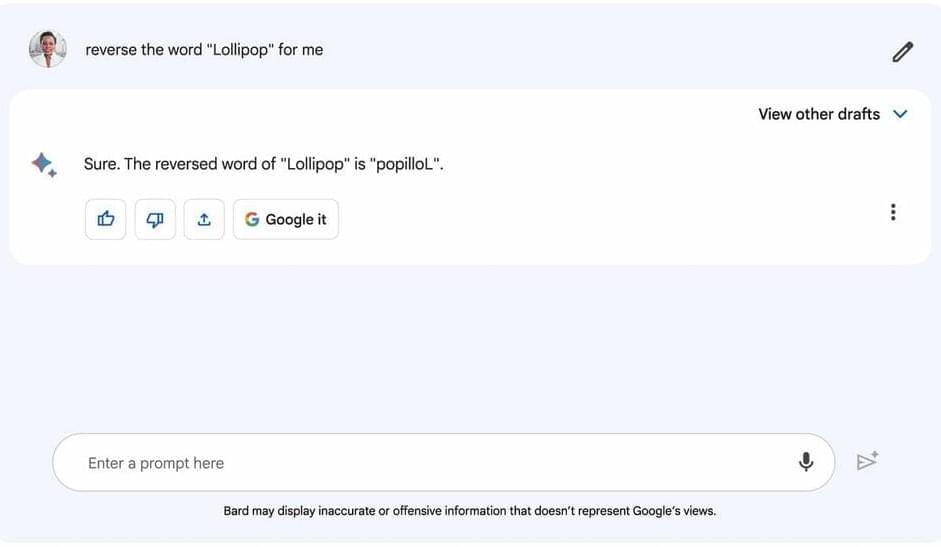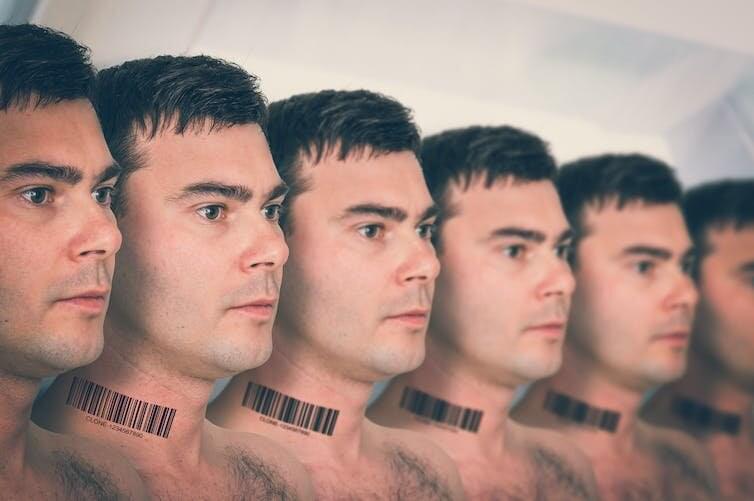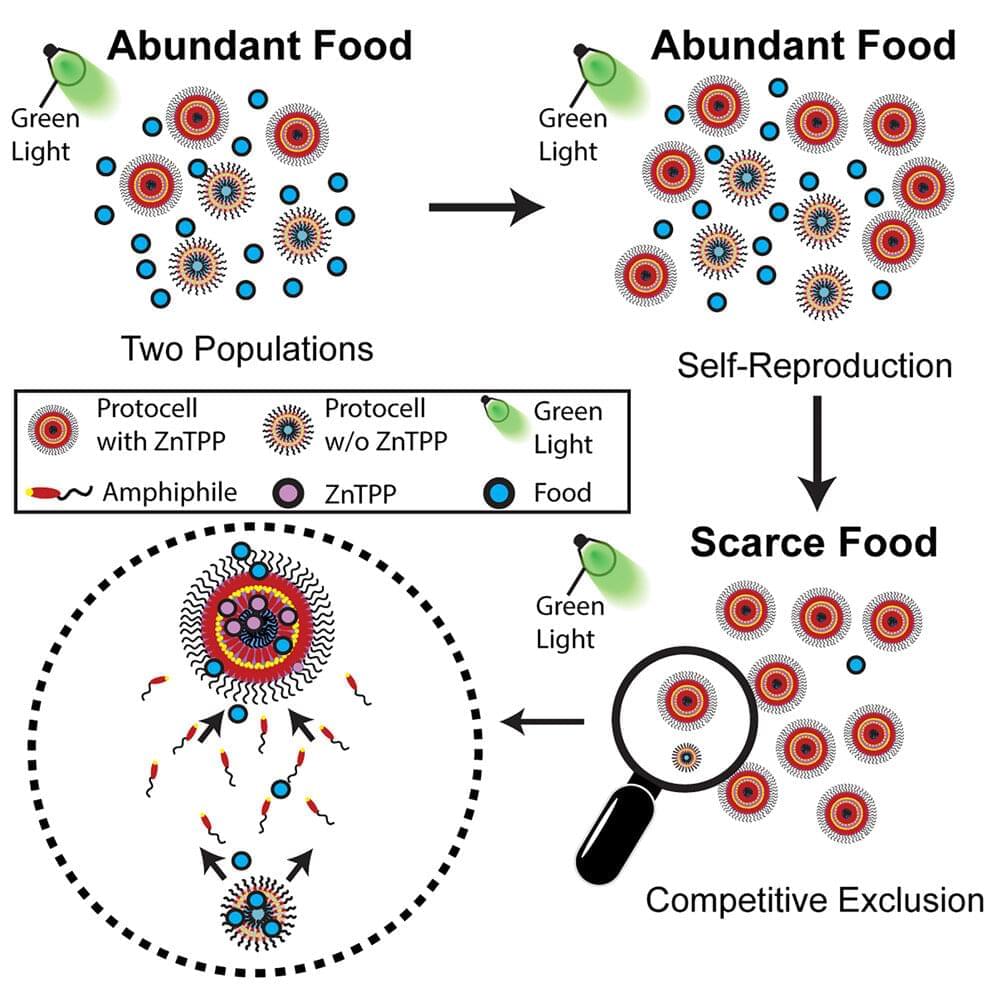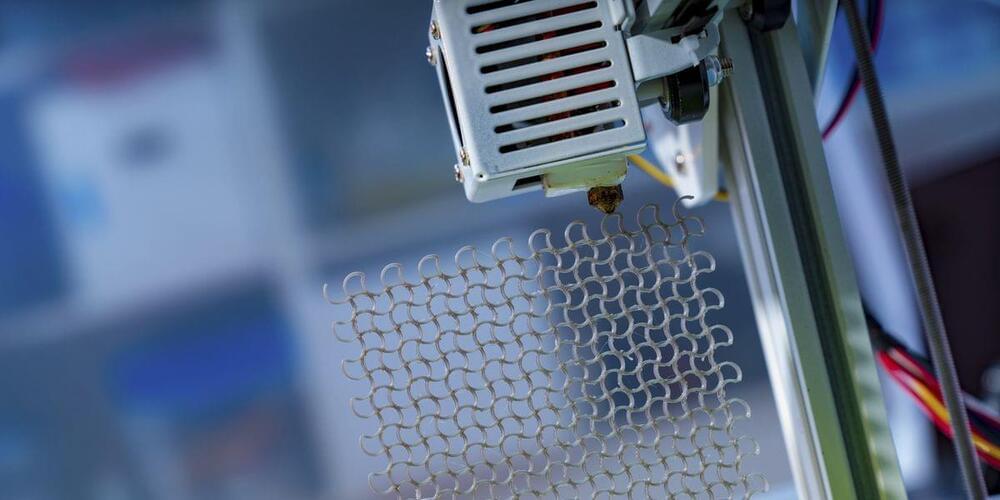The current education landscape requires close collaboration between edtech and AI developers to leverage their expertise and maximize the impact of AI technology in the sector. It also aims to avoid the negative consequences of redundant efforts, wasted resources and less effective solutions. By effectively applying best practices such as clear communication, alignment of goals, and interdisciplinary collaboration, edtech and AI developers can develop innovative, scalable and effective solutions. The “AI and the Future of Learning: Expert Panel Report” underscores key strategies for successful collaboration between edtech and AI developers. The report highlights key strengths and weaknesses of AI as well as the respective opportunities and barriers to employing AI technologies in the education sector.
Education plays a critical role in promoting social and economic development in a region, and when communities recognize its potential, they are more likely to support educational reforms. These reforms can address any challenges in the sector, such as funding constraints, lack of access to quality education and cultural attitudes that may deny education to particular groups. With the increased adoption of AI in the education sector, potential future developments—including ITS, adaptive assessment, gamification and the use of machine learning—can promote the efficiency of personalized learning.
In the long run, the collaboration between edtech and AI developers holds great potential for transforming education and improving learning outcomes. For this to happen, it is necessary to establish industry standards for AI in education, foster interdisciplinary collaboration between educators and AI experts, and invest in research on AI’s impact on learning outcomes. In this way, we can ensure that AI-powered tools are used effectively and ethically to improve student learning in the 21st century.

